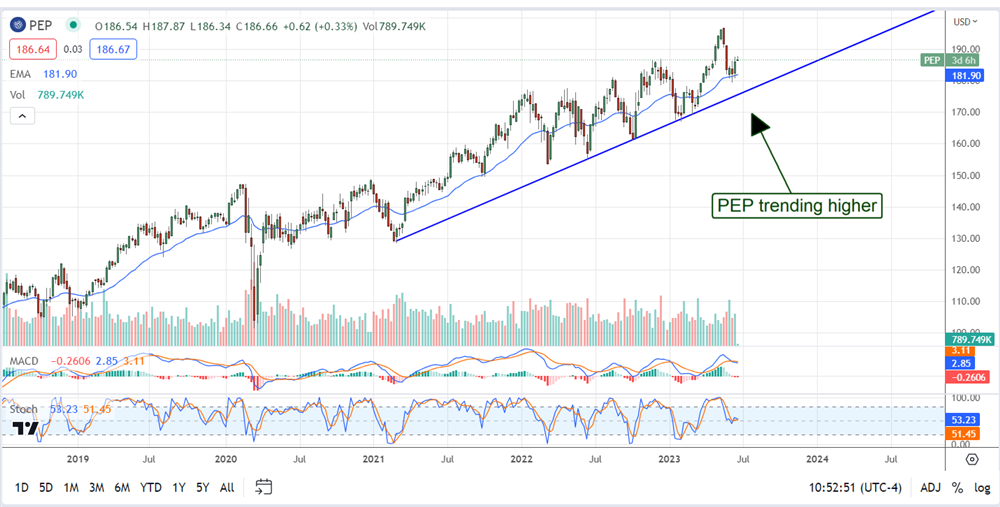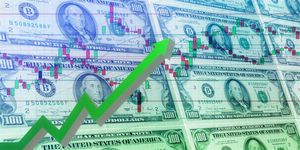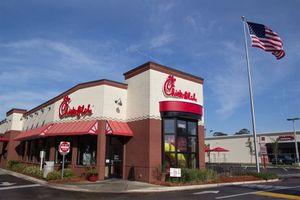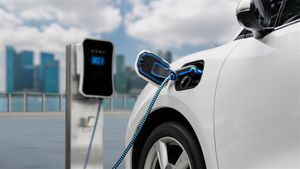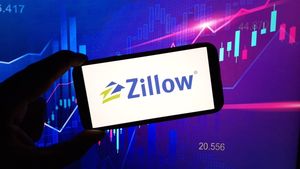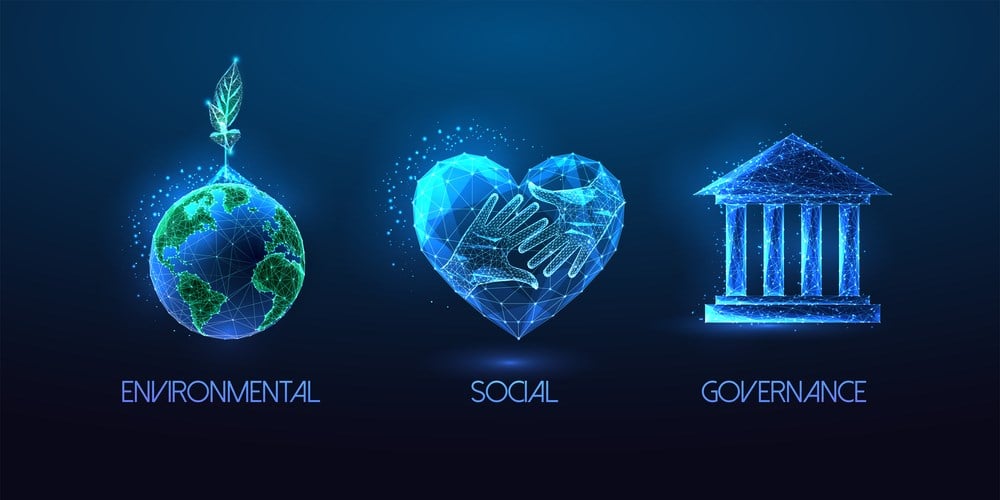
ESG investing is not dead, but ESG investing as an investment thesis might be. Fund outflows from ESG-related funds topped 75% in 2022 and have only worsened. The trend is not limited to the US; UK ESG fund outflows recently hit a new high and spelled doom for the industry.
There have already been notable closures, and more are on the way. The caution for investors is that there is a reason for the outflows that has nothing to do with the theme of ESG.
Looking at the top ESG funds still trading, you will see some exciting names in the holdings. The top large-cap ESG funds hold the same 6 stocks for their top 6 positions, and those names can be found on virtually any large-cap, blue-chip ETF on the market, including Apple (NASDAQ: AAPL), Microsoft (NASDAQ: ETF), Amazon (NASDAQ: AMZN), Alphabet (NASDAQ: GOOG), and Tesla (NASDAQ: TSLA). Odds are, most investors don’t need to buy an ESG ETF like the iShares ESG Aware ETF to get this exposure, and in a world where capital flows into bonds and CDs, the ESG fund is easy to cut out of the mix.
Likewise, the next-gen, green-technology-focused ESG ETFs like iShares Global Clean Energy ETF (NASDAQ: ICLN) and the Invesco Solar ETF (NASDAQ: TAN) are the same. They don’t include the big cap names, but the top holdings are the same. Those include First Solar, Enphase, SolarEdge Technologies and a smattering of even smaller, risker names, many of which are based in China.
The takeaway is that investors looking for exposure to ESG down this avenue may already have the exposure or could find it in a better investment. The bottom line is that there isn’t a reason to own an ESG-specific fund if you already have a well-diversified portfolio.
Microsoft Scores High On ESG Lists
Microsoft (NASDAQ: MSFT) is a prominent name on many ESG lists because of its low-impact scores, growth, and position in the cloud. Microsoft still trails Amazon in cloud market share but is gaining fact and may take the top spot over the next few years. In addition, Microsofts push toward AI is helping to drive the outlook, if not the business and promises to aid the evolution of green technology as it matures.
Regarding Microsofts ESG rating, it ranks 83rd of 1111 in its industry with a low-impact rating of 15.4. Among Microsoft’s many efforts in the ESG arena are its work in helping businesses meet their ESG priorities with its cloud services. The company aims to be carbon-negative, water positive, and zero waste by 2030.
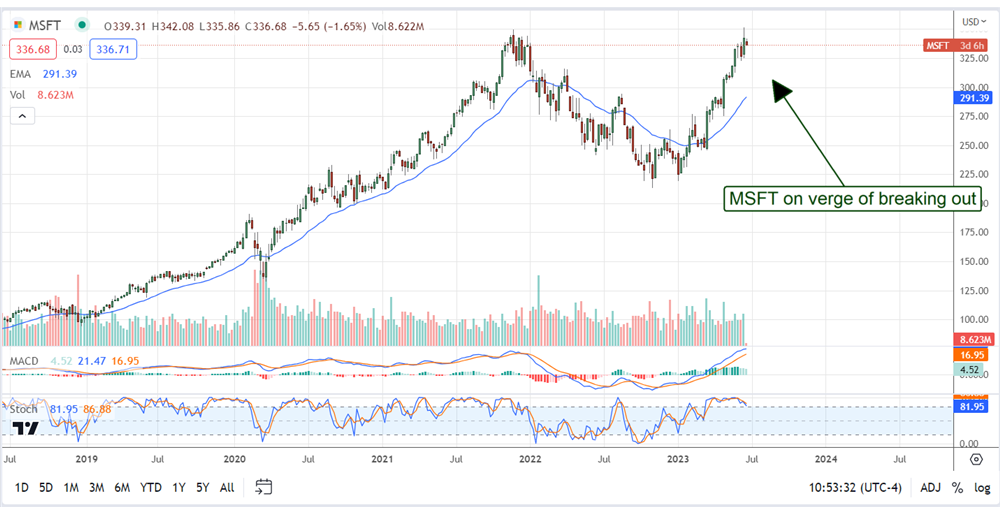
Adobe, An Even Better Choice For ESG Investors
Adobe (NASDAQ: ADBE) scores even better than Microsoft, with a Sustainalytics ranking of 27th within the industry. The company has an ESG risk rating of 13.2 which is also better than MSFT. This company aims to power its operations with 100% renewable energy by 2035 and has a science-based plan to reduce scope 1 and 2 emissions by 35% and business travel emissions by 30%.
Regarding its business, Adobe recently emerged as a winner in the AI industry because of its use of AI, but more because it is fundamental to the AI infrastructure. Its connectivity is ubiquitous, to use the words of CEO Shantanu Narayen, a quality that will make it a go-to platform for the AI industry.
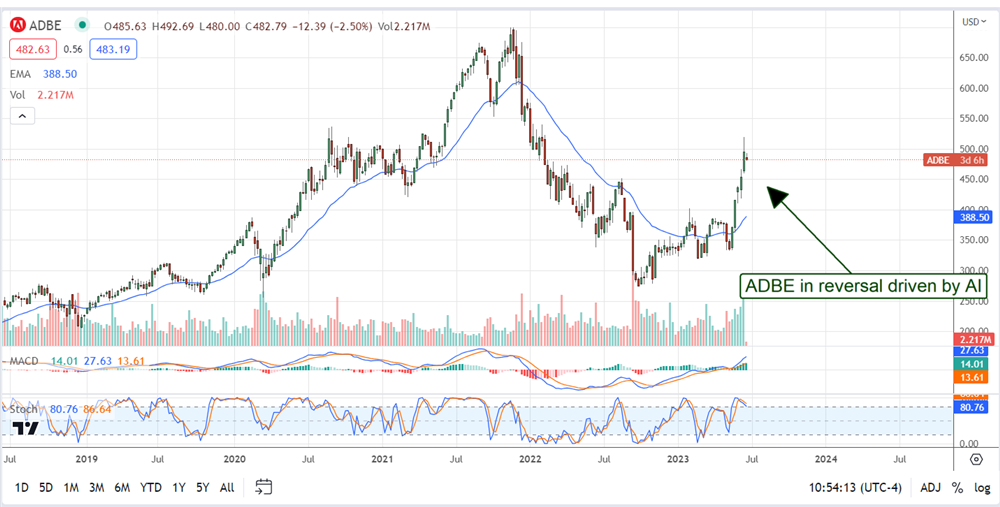
PepsiCo: Leading The Consumer Staples Sector
PepsiCo (NASDAQ: PEP) is consolidating a leadership position in the consumer staples sector by pursuing its diversification strategy and an international growth agenda. The company has proven brand loyalty and pricing power in existing and growth markets, driving top and bottom-line results. The company also scores well regarding ESG with a risk rating of 16.5, putting it in the 7th position for its industry. In addition, the stock pays a nice dividend worth about 2.75%, with the shares near an all-time high. The company is a Dividend King, which shows a sustainable management style and shareholder-friendly business that plays into the ESG theme.
